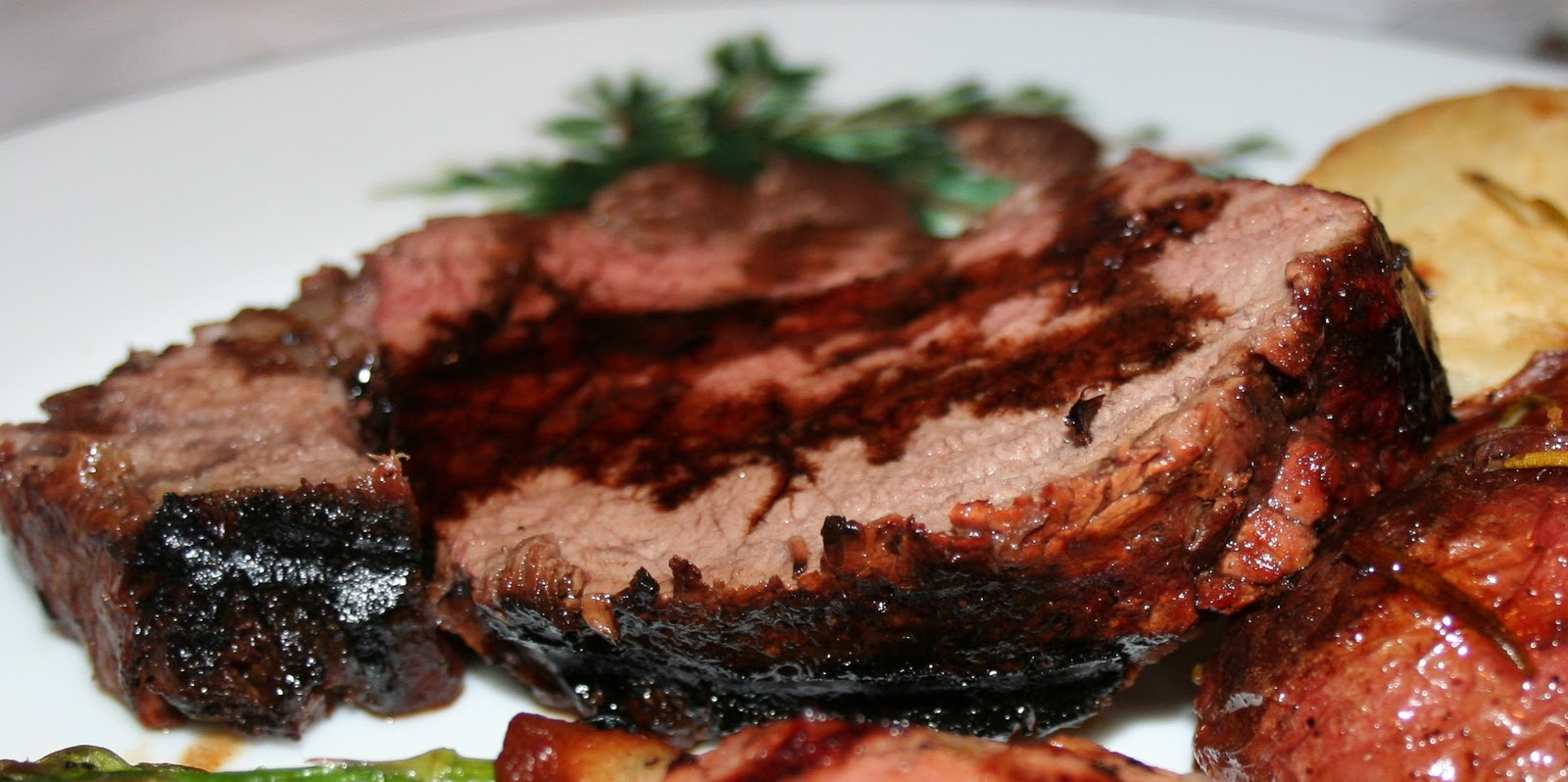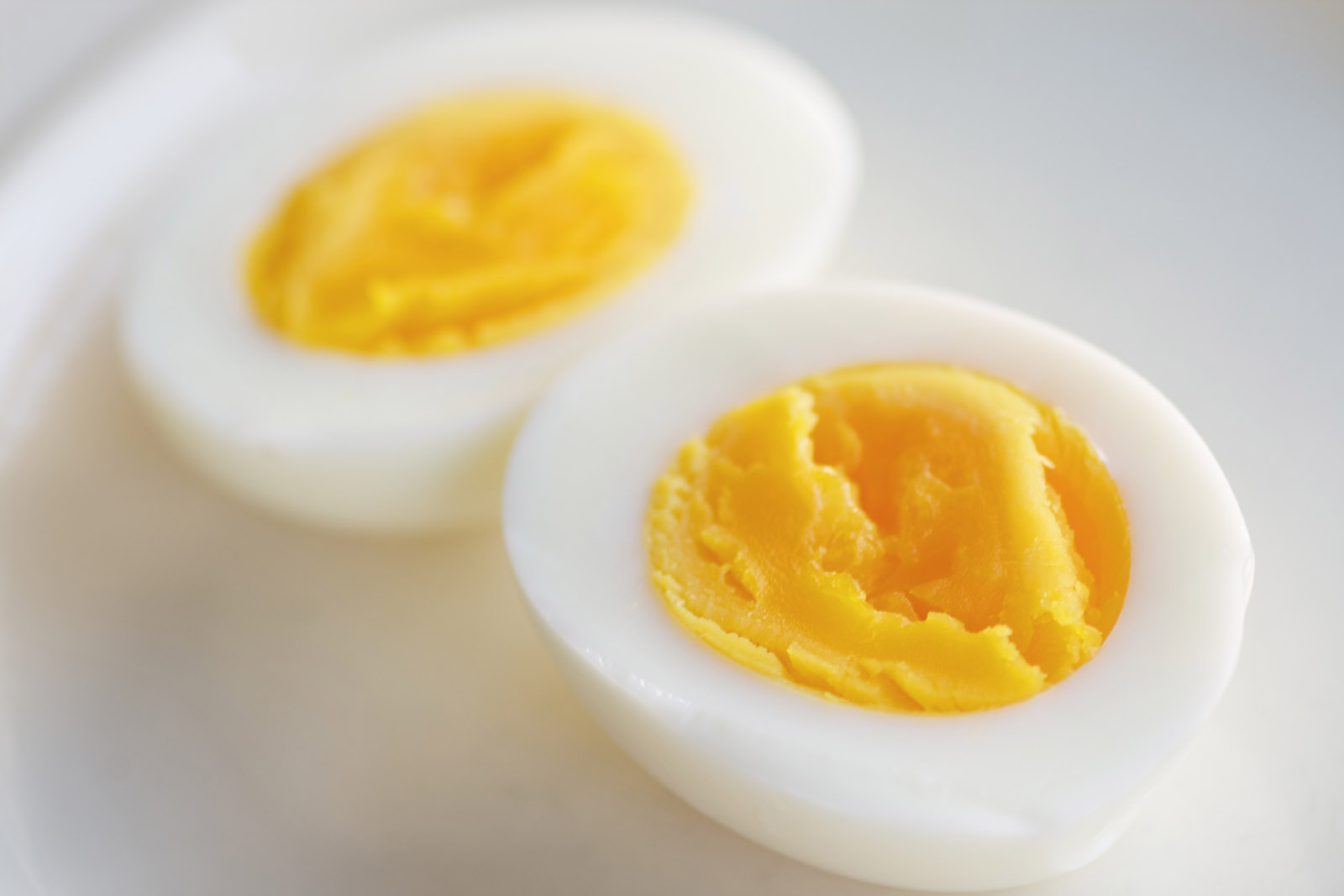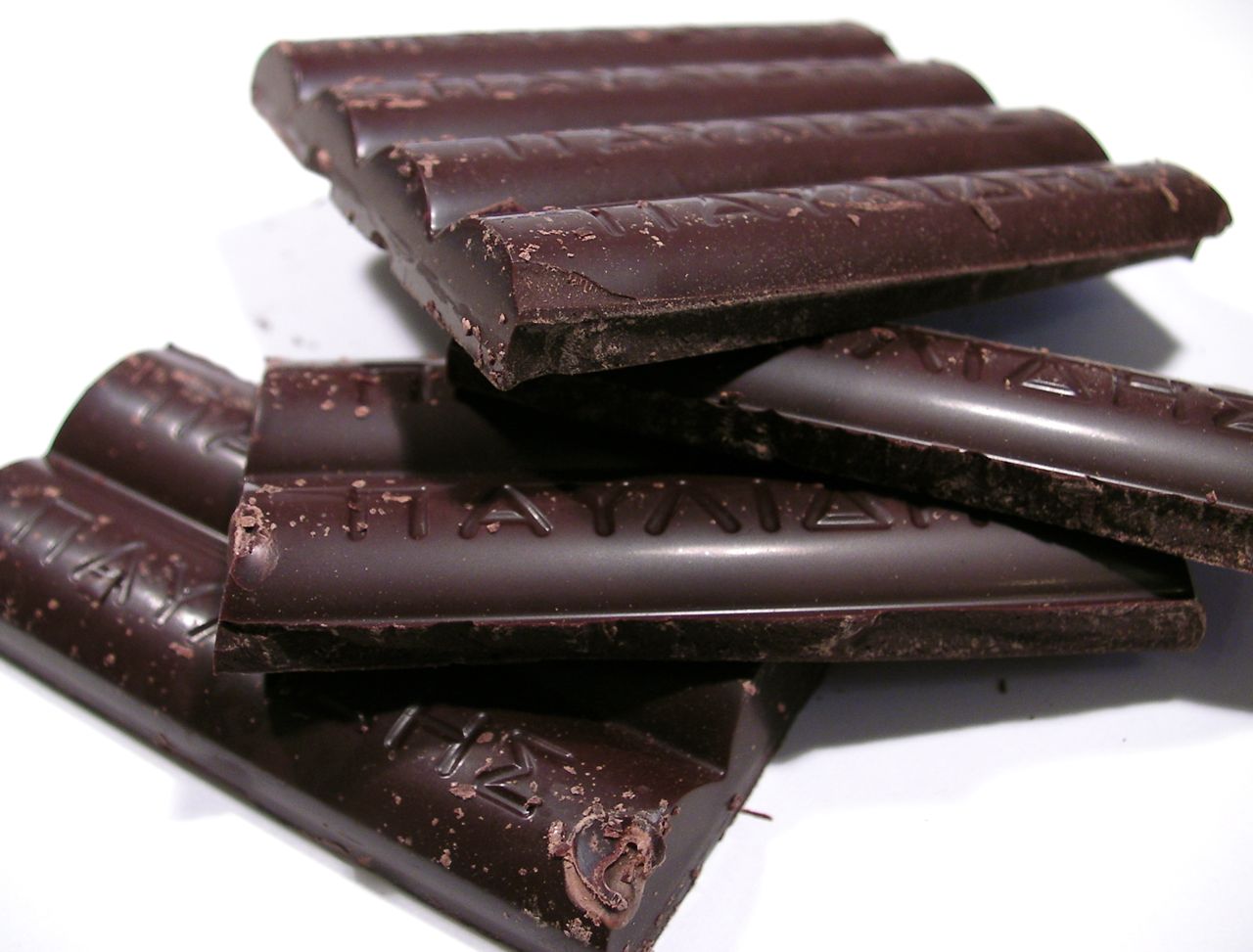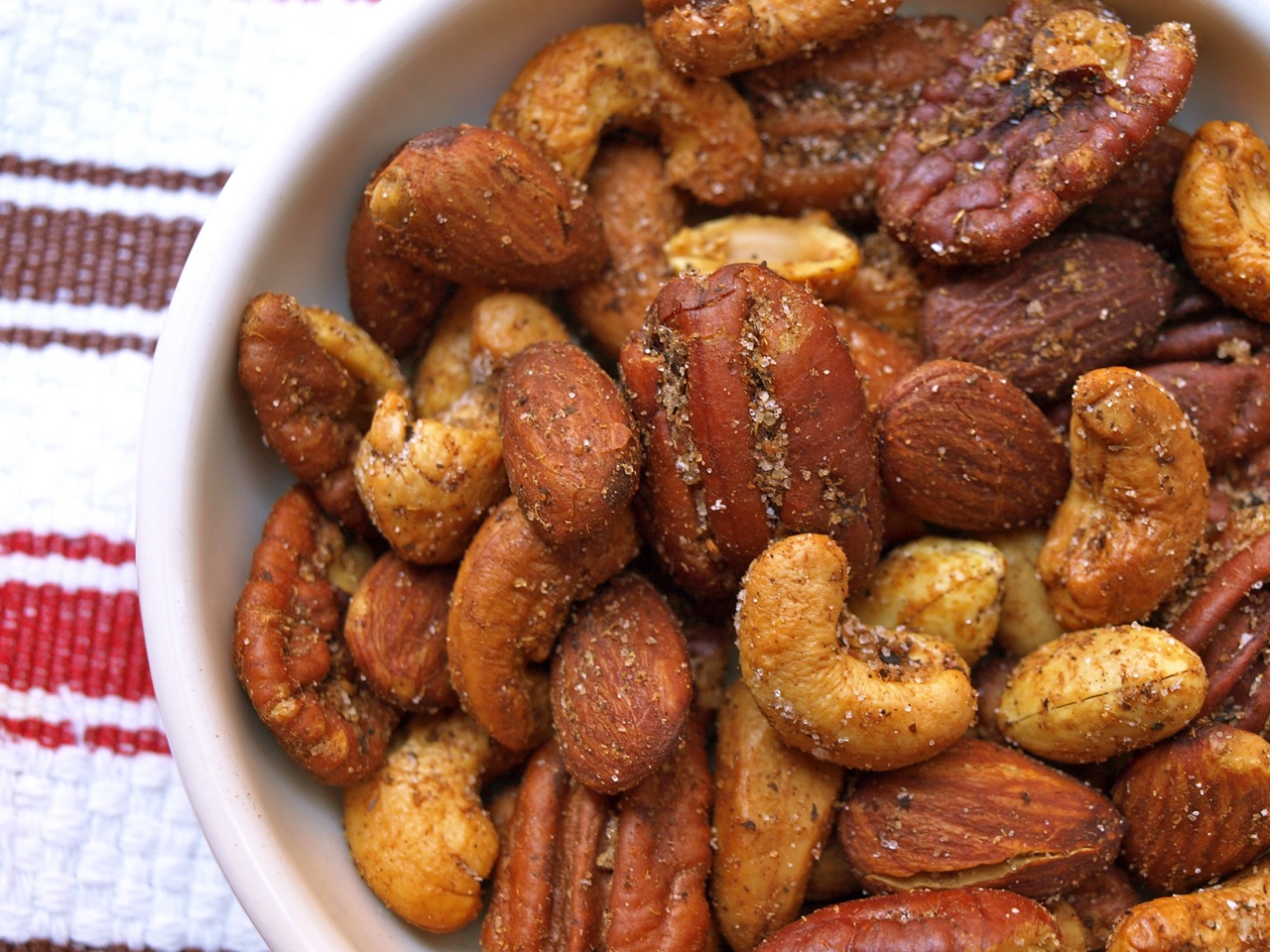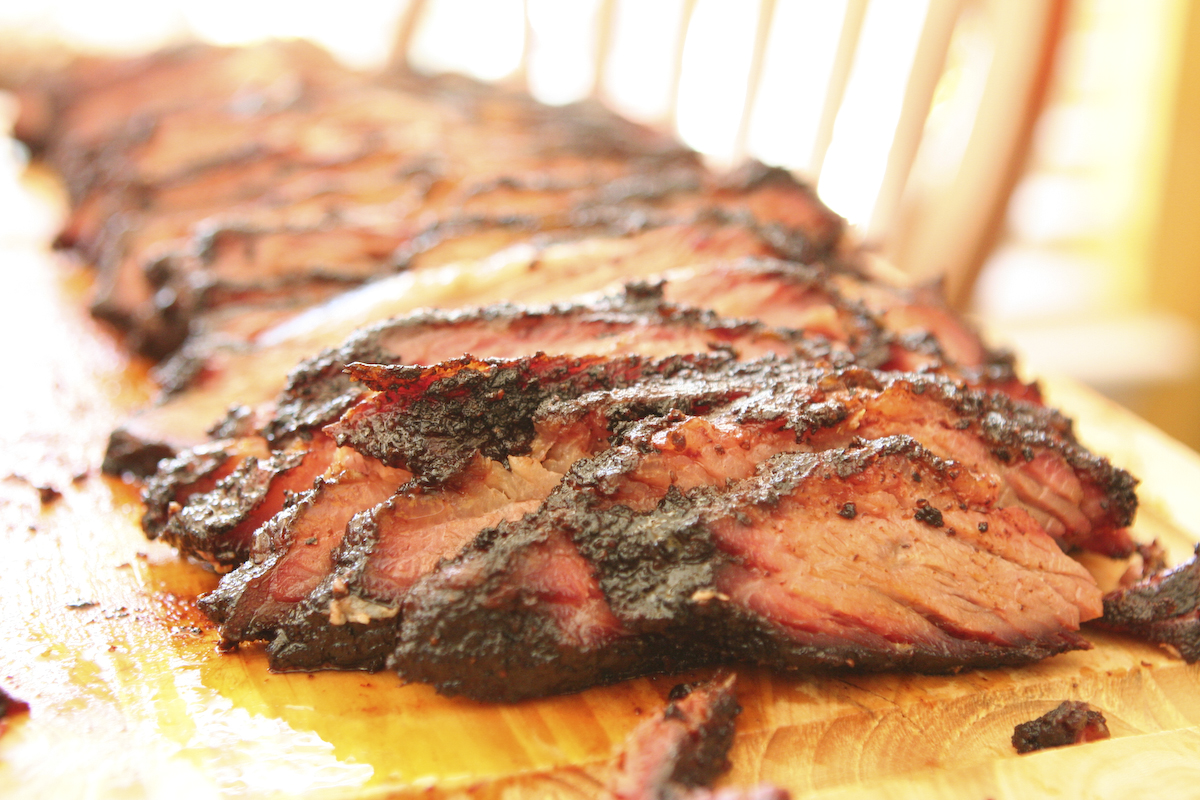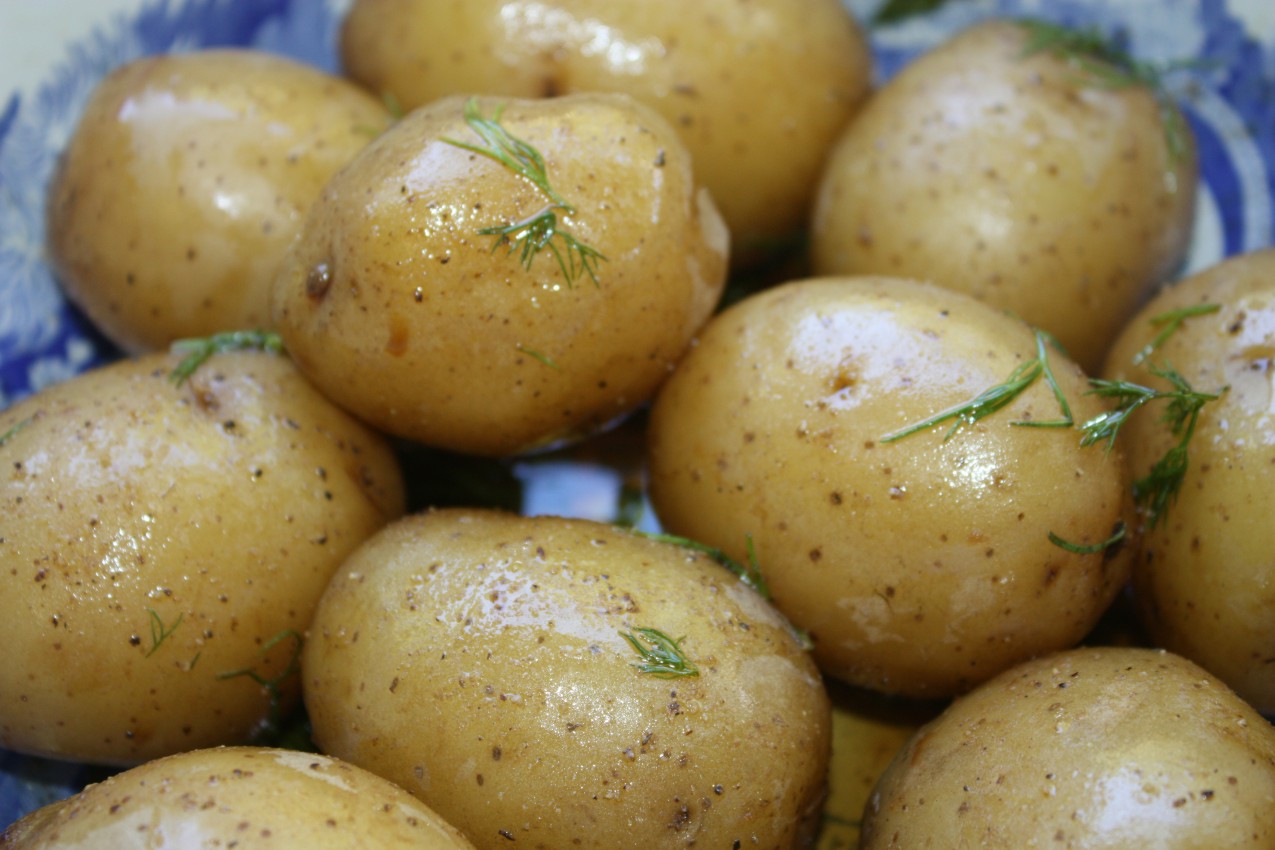by Elena Ferretti
What’s old is new again may be the simplest way to avoid whiplash when deciding what’s good to eat. Some foods that doctors were telling us to avoid just a few years ago are now being heartily embraced. Food science is ever evolving, and attitudes toward processed foods and things like saturated fats are changing. So go ahead . . . indulge in some foods you once thought were forbidden.
1. Eggs
Studies linking eggs to cardiovascular disease (CVD) transformed grandma’s breakfast staple into grandpa’s artery-clogging cholesterol grenade. Nutritionists condemned fat content (yolks) but praised protein-density (whites), resulting in mainstreaming that former oddball, the egg-white omelet. But the European Journal of Nutrition (June 2011) concluded that eggs do not contribute to CVD, and the yolk is no longer a nutritional no-no. The University of Michigan’s Food Pyramid explains that “whole eggs offer almost every essential vitamin and mineral needed by humans except for vitamin C.” Yolks, it says, contain vitamins A, D, E and K as well as lutein and zeaxanthin, both of which “lower the risk of age-related macular degeneration and heart disease.” These findings may actually restore “omelet” to its original definition.
2. Chocolate
The thigh-dimpling, chin-pimpling bon-bon is now seen as an antioxidant and flavonoid-packed juggernaut that reduces CVD, high-blood pressure and strokes. Cocoa beans boast the same beneficial flavonoids (plant-based compounds) as red wine, green tea and leafy greens. A 10-year Swedish study involving 37,000 men published in Neurology (2012) combined with five other studies found that approximately one chocolate bar per week lowered stroke risk by 19 percent.
While dark chocolate is considered healthier than milk chocolate — due to higher cacao content — the Swedish study didn’t specify chocolate type, and 90 percent of Sweden’s chocolate is milk. Milk chocolate lovers may, tentatively, begin rejoicing.
3. Nuts
Despite their nutritional density, nutritionists dismissed nuts as fat-and-calorie torpedoes. But once those nutritionists split fats into “good” and “bad,” nuts went from zero to hero. They decrease heart disease and diabetes, according to the 2010 National Institutes of Health study, “Health Benefits of Nut Consumption.” Hardly a day goes by when they’re not front-and-center on “Dr. Oz.”
Most studies favor tree nuts (such as walnuts, almonds and pistachios) over peanuts, which are actually legumes (like peas, beans, lentils), but the NIH study puts peanuts on a par with the tree variety. That’s because peanuts are packed with the of-the-moment antioxidant resveratrol. According to the USDA, boiling peanuts increases resveratrol concentration, making them comparable to the resveratrol-poster child, red wine.
4. Red Meat
To some, beef is protein, B vitamins, iron, zinc and selenium presented in a seared, medium-rare, butter-topped package. To others, a porterhouse is a heart attack on a plate. The Journal of the American Medical Association (2012) study “Red Meat Consumption and Mortality” concluded that regular consumption of red meat was associated with cardiovascular, and cancer mortality. “This study provides clear evidence that regular consumption of red meat, especially processed meat, contributes substantially to premature death,” said Frank Hu, a senior author of the study. Yikes.
Not so fast. A 2010 American Heart Association study on red and processed meat cited by The Mayo Clinic in 2013 concluded that processed meat, not red meat, “is associated with a higher incidence of CHD (coronary heart disease) and diabetes.” The Mayo Clinic favors grass-fed over corn-fed beef due to lower fat, higher omega-3s and other heart-healthy fats. But grass-fed beef is an acquired taste. Grassy diets make meat gamey, leaner, drier and less tender.
5. Potatoes
The Atkins and South Beach Diets are carbohydrate contract killers and they put potatoes firmly in their crosshairs. Now, non carb-fearing nutritionists recommend potatoes as rich sources of potassium, niacin, fiber (in the skin) and vitamins C and B6. Now nutritionists recommend potatoes because they are an excellent source of vitamin C, potassium, and B vitamins. You can eat them boiled, baked or roasted –just avoid frying them or slathering them butter and sour cream.
6. Coffee
Old-think: growth-stunter, anxiety-inducer, heart-disease promoter.
New-think: antioxidant and flavonoid powerhouse that reduces liver disease, diabetes, heart disease and Parkinson’s (only in men), according to Harvard’s website. According to Popular Science’s website, coffee can make you smarter, burn fat, improve athletic performance, lower dementia risk, increase liver health and extend lifespan. A 2013 Harvard study shows that it decreases suicide.
Most studies agree that coffee is detrimental to pregnant women, can worsen blood pressure problems and aggravate insomnia. Also, a paper filter apparently removes cafestol –a substance that increases bad or LDL cholesterol.
Does that mean buh-bye, espresso, French press, Turkish coffee, percolator, Keurig, Nespresso? That’s up to you.
(via Fox News)

